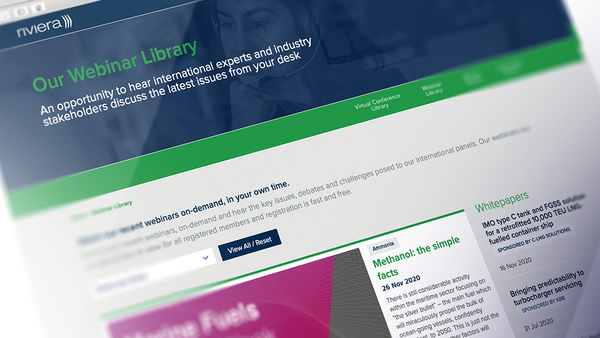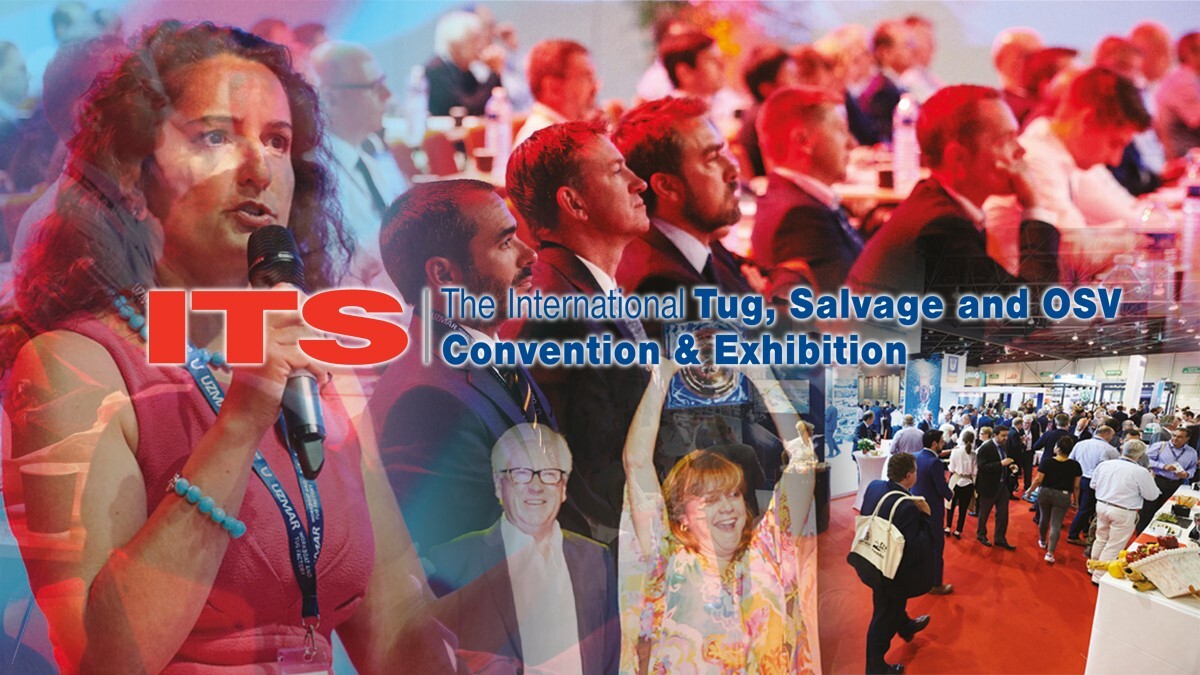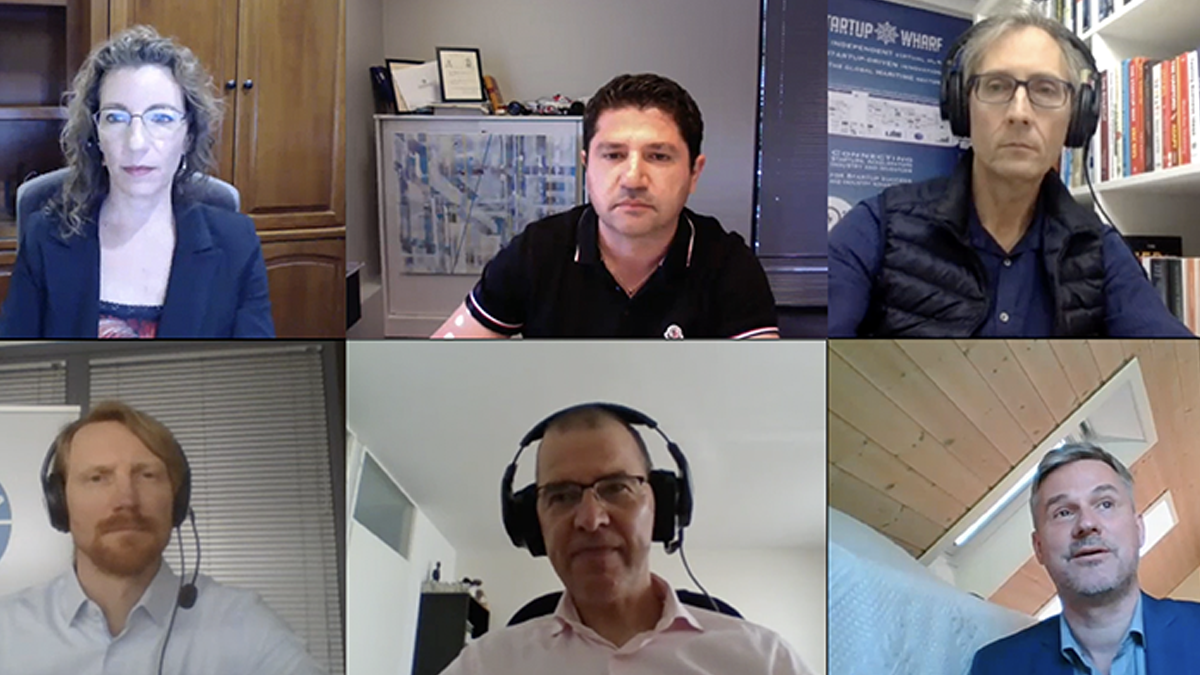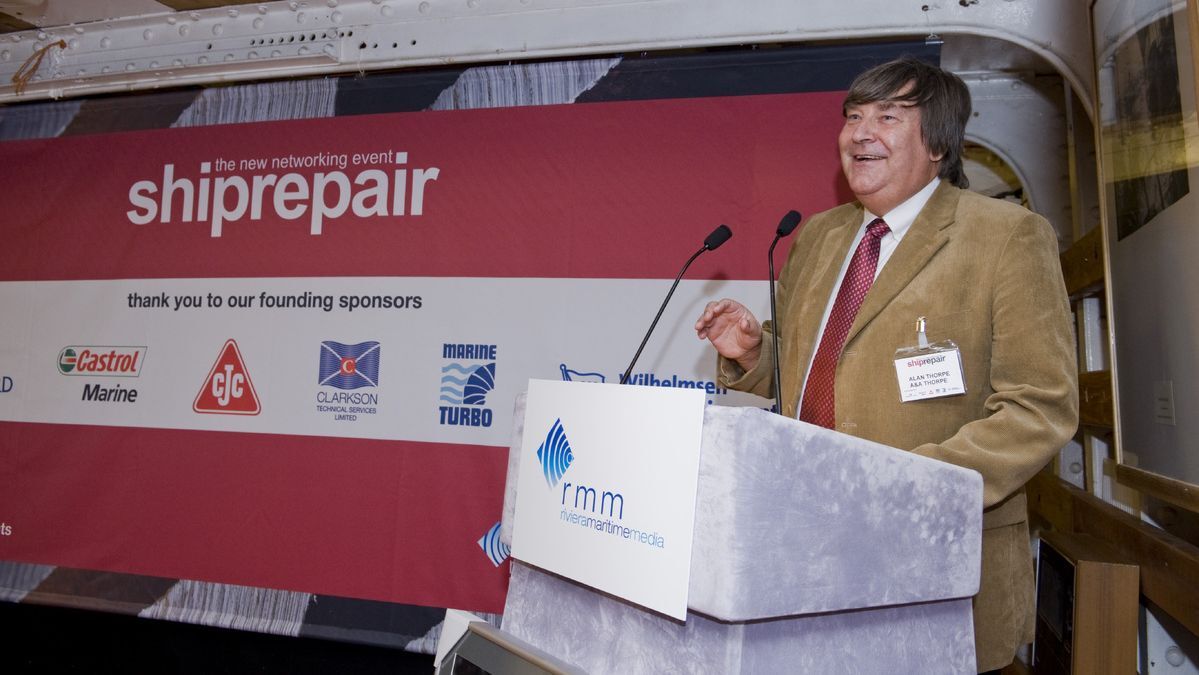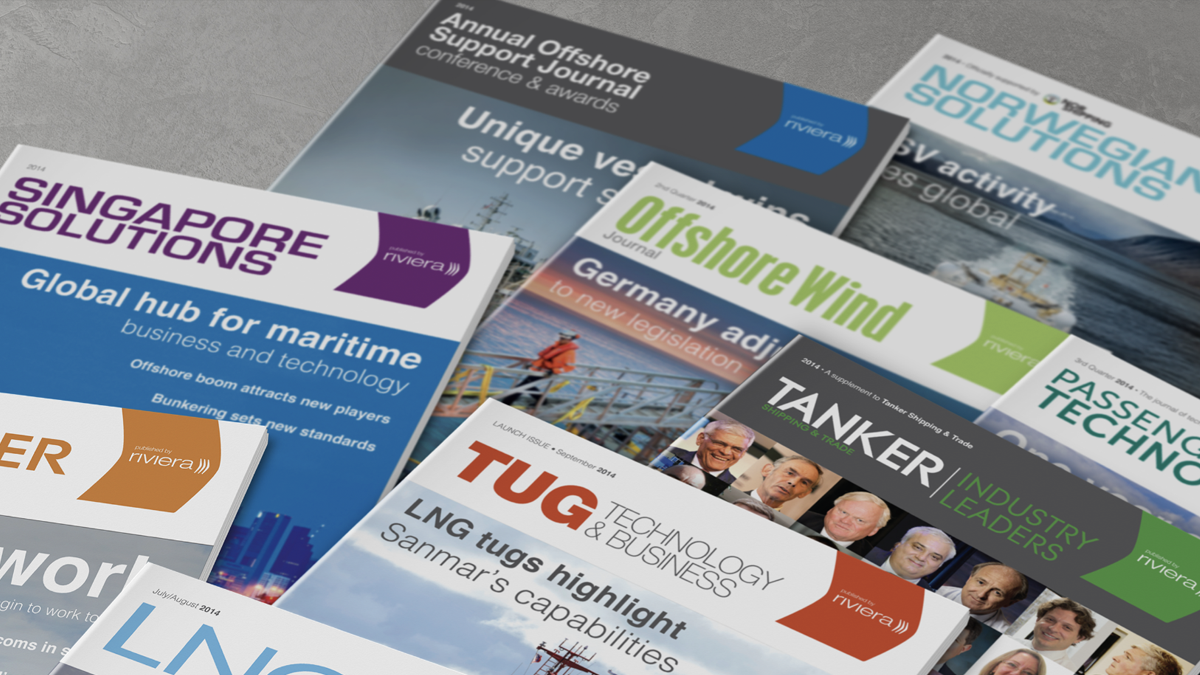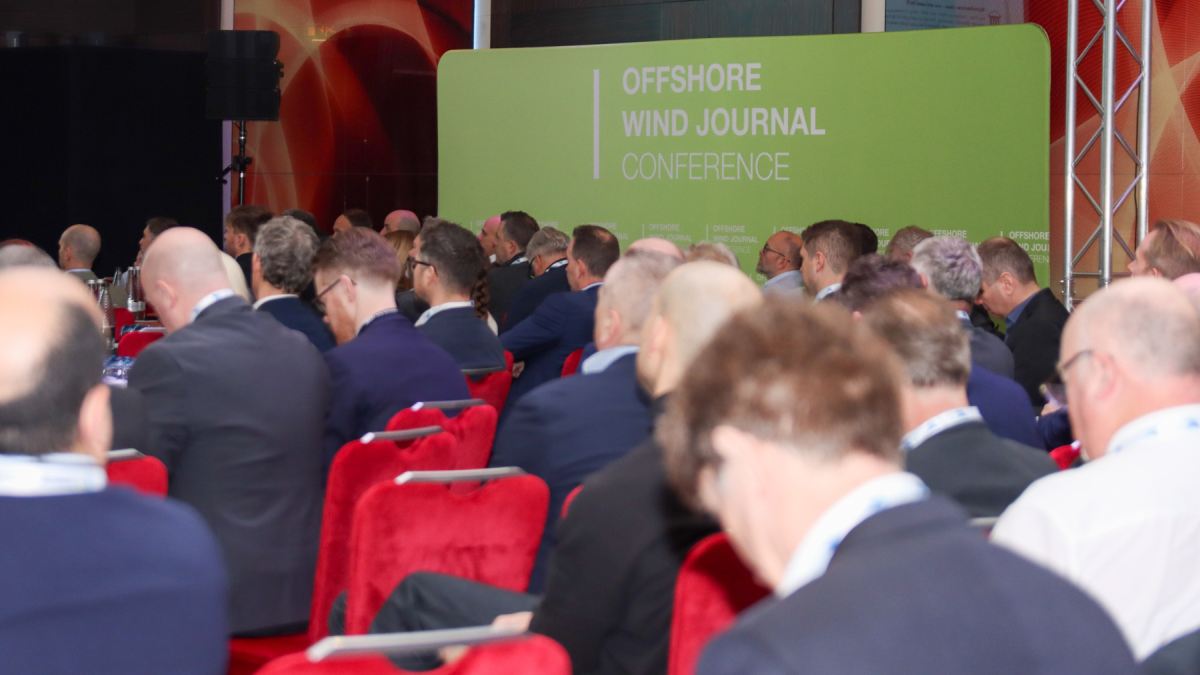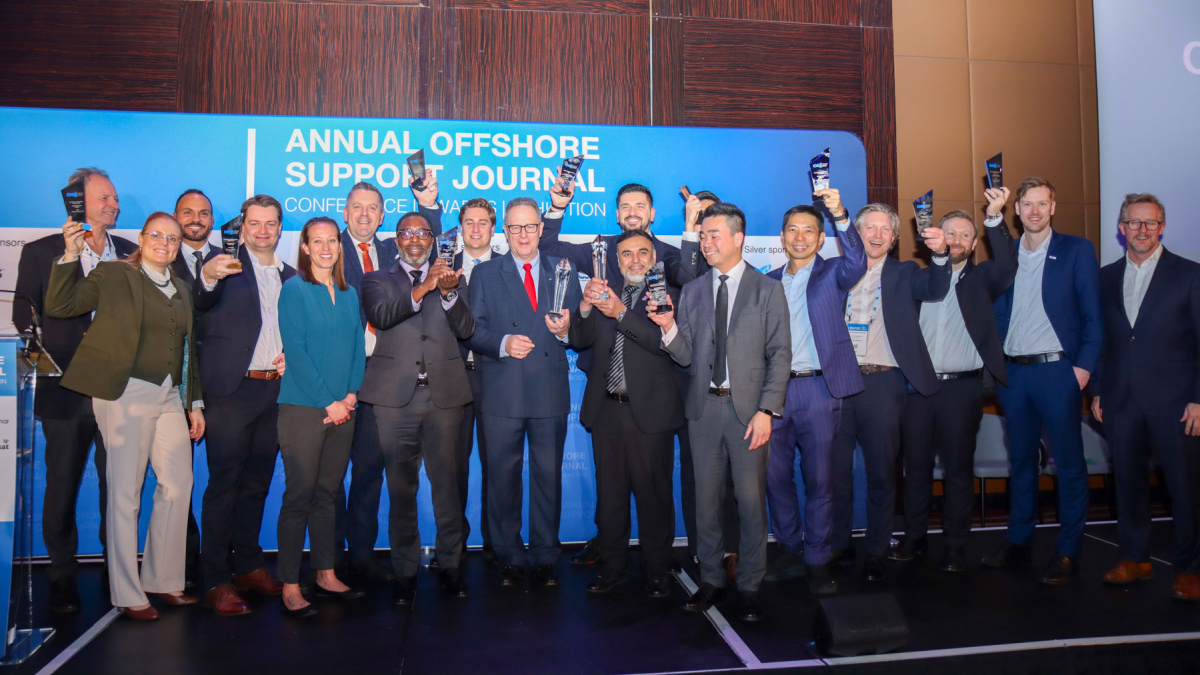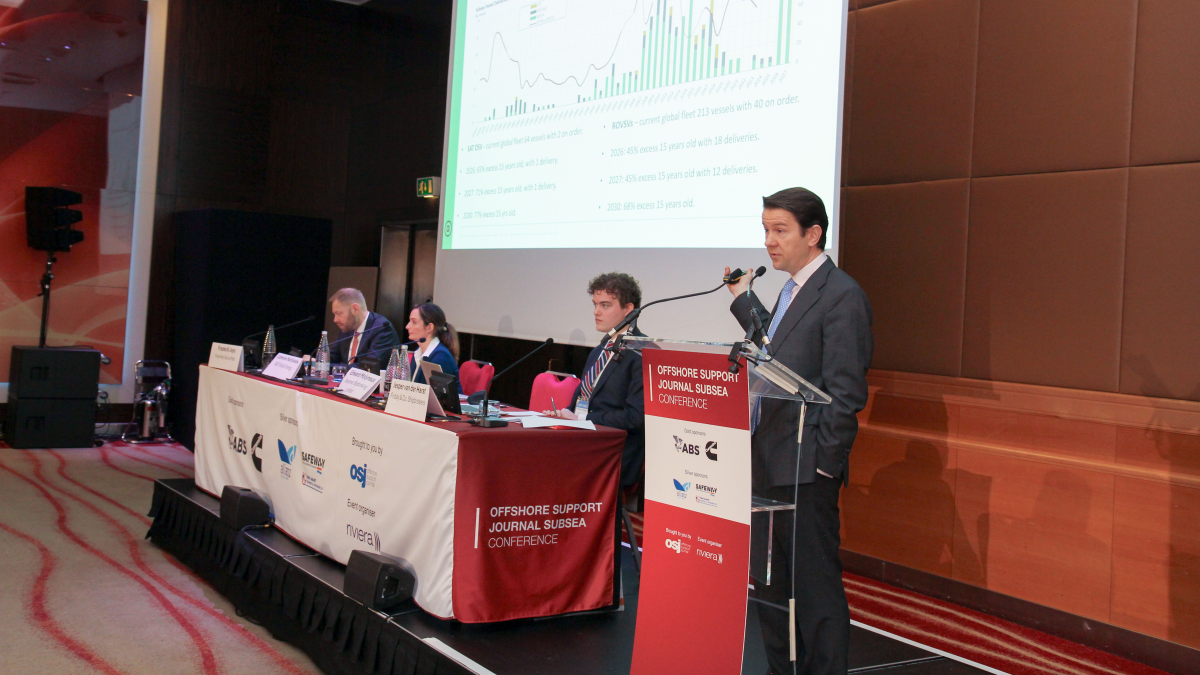Business Sectors
Events
Contents
CO2 conference highlights breakthroughs and record investment
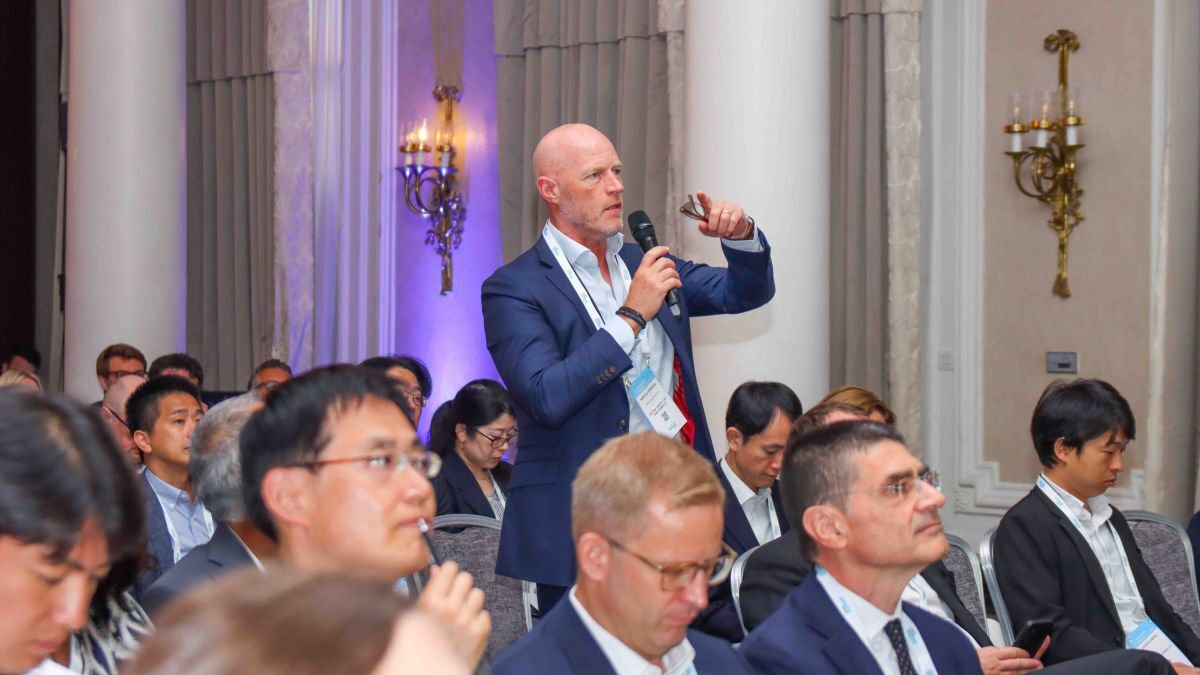
"The question isn’t whether this industry will emerge – it’s how fast it will scale," said a senior executive attending June’s CO2 Shipping & Terminals Conference in London. "We have real projects, real financing and real ships moving real CO2."
Market intelligence presented at the conference projected 45M tonnes of CO2 shipped annually by 2030, supported by approximately 30 specialised vessels – a 15-fold increase from current demonstration-scale operations. Senior executives from leading energy companies, shipyards and classification societies spoke of a "2028 inflection point" when Northern Lights expansion, Greensand scaling, and Aramis commencement will drive unprecedented volume growth.
Technical sessions revealed game-changing advances in vessel design that solve the industry’s fundamental economic challenges. Korean shipbuilders unveiled a 22,000-m3 low-pressure CO2 carrier designed to transport three times more cargo than existing medium-pressure vessels while maintaining multi-gas capability for operational flexibility.
The conference’s ’star witness’ was the Northern Lights project, which has successfully demonstrated it is possible to capture unwanted gas, liquefy it, ship it, and store it underground. Especially impressive was how the project accommodated diverse emitter streams while maintaining safety and operational standards.
Vital regulatory updates detailed how the European Commission is developing comprehensive CO2 transport regulations for 2025-2026 that address pipeline and non-pipeline transport integration. There was much discussion of the UK’s additional £9.4Bn (US$12.6Bn) funding commitment for CCUS development and EU-UK emissions trading system alignment. These policy discussions and commitments will underpin the regulatory certainty required for long-term investment commitments.
Financial intelligence from the conference revealed the sector’s transformation from grant-dependent demonstrations to bankable commercial projects. A landmark US$10Bn non-recourse financing for UK CCUS projects underscored that properly structured CO2 transport ventures can now attract institutional investment without government guarantees. It was clear that as storage networks grow beyond single-emitter dependencies, private capital will become increasingly comfortable with project fundamentals. Senior banking executives noted the emergence of specialised CO2 transport financing teams as the sector scales beyond demonstration projects.
The conference saw unprecedented collaboration inside and outside the conference hall as traditionally separate industry segments – emitters, storage providers, shipping companies, and technology developers – came together to discuss integrated partnerships that transcend conventional buyer-supplier relationships.
Riviera’s next CO2 conference takes place in Milan on 8 September, the afternoon prior to Gastech. This focused half-day event offers sponsored participants the opportunity to examine the Mediterranean CCS value chain in greater depth. Held in association with DNV, the event explores regional infrastructure needs, cross-border regulatory frameworks (including EU ETS and the London Protocol) and the commercial pathways shaping port and terminal development across Southern Europe. It will be followed by a networking reception for sponsored participants.
Next year will also see Riviera organise a CO2 Shipping & Terminals event in Asia. Riviera’s popular CO2 Shipping & Terminals and CCS Webinars are held year-round.
© 2024 Riviera Maritime Media Ltd.





